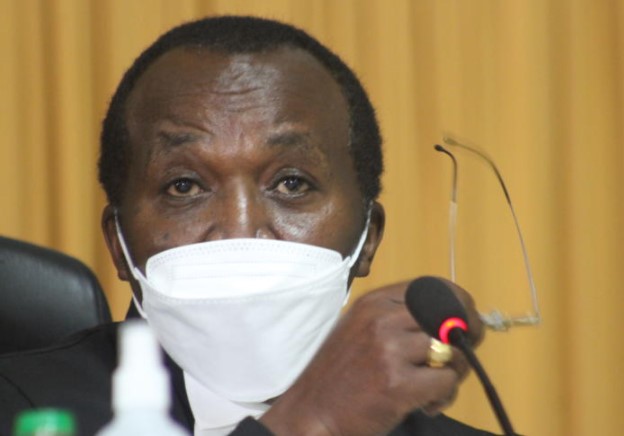×
The Standard e-Paper
Stay Informed, Even Offline

Court of Appeal President Daniel Musinga. [Collins Kweyu, Standard]
One of the key issues at the center of the Building Bridges Initiative (BBI) appeal is the role of the president in the process.